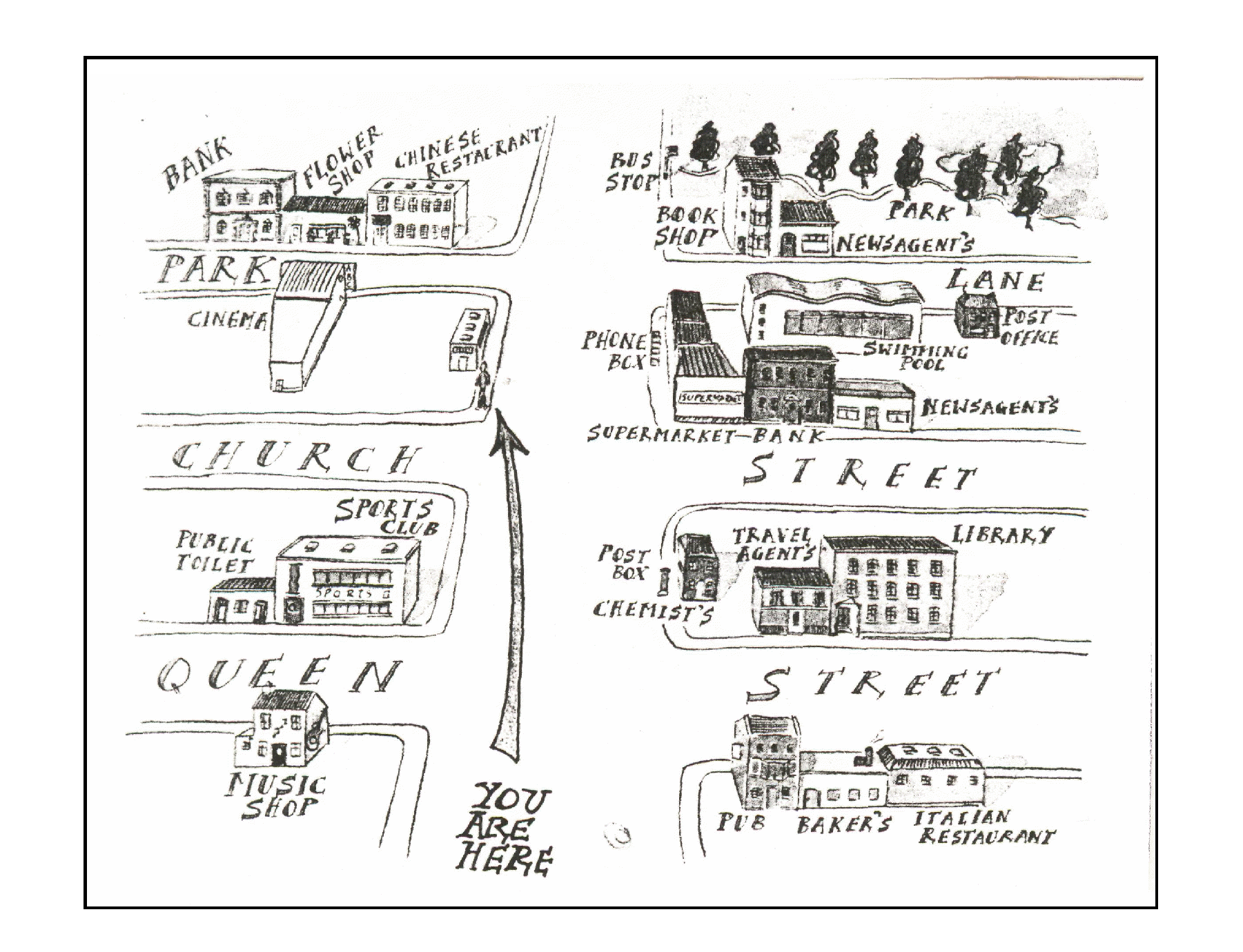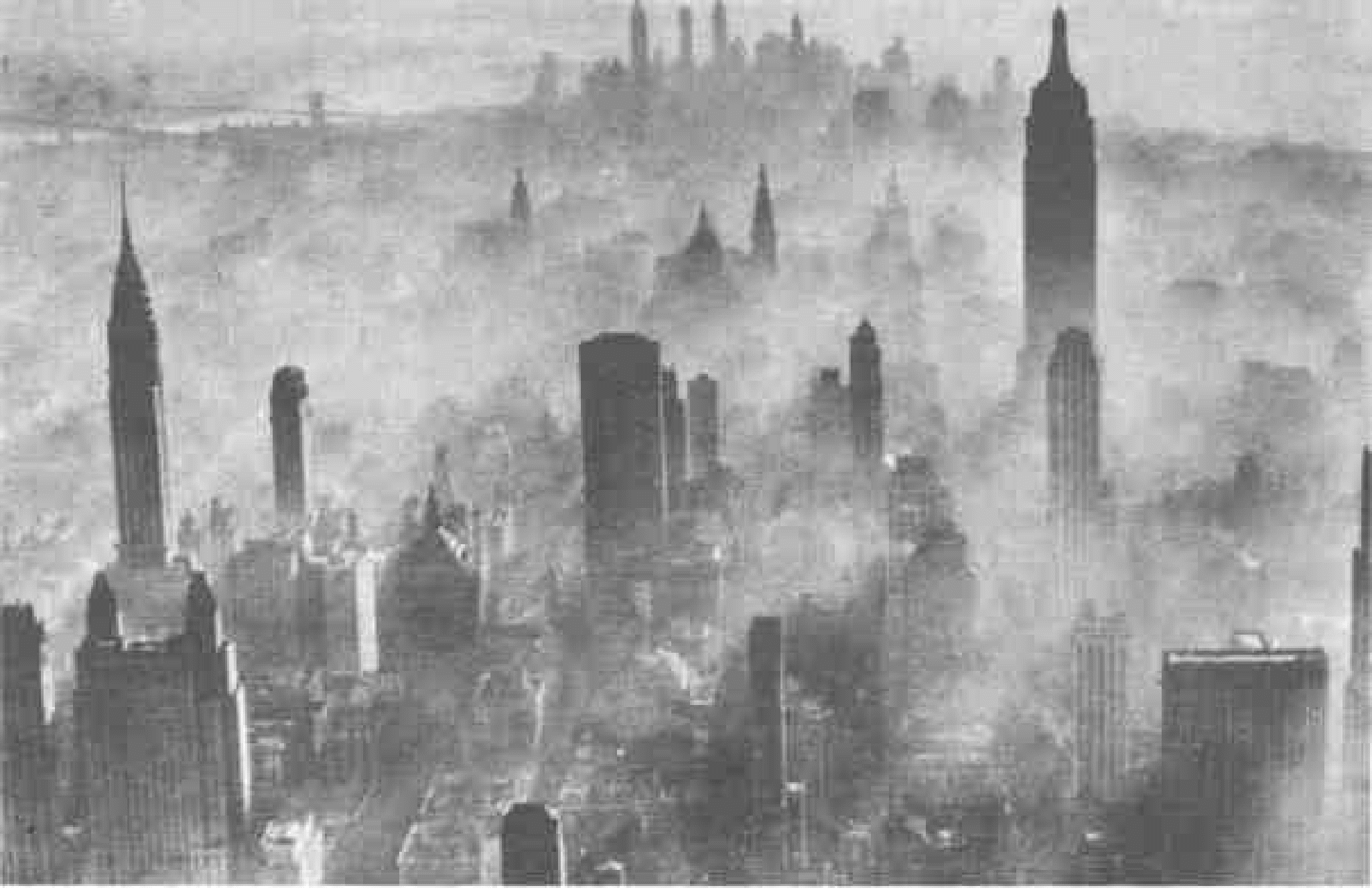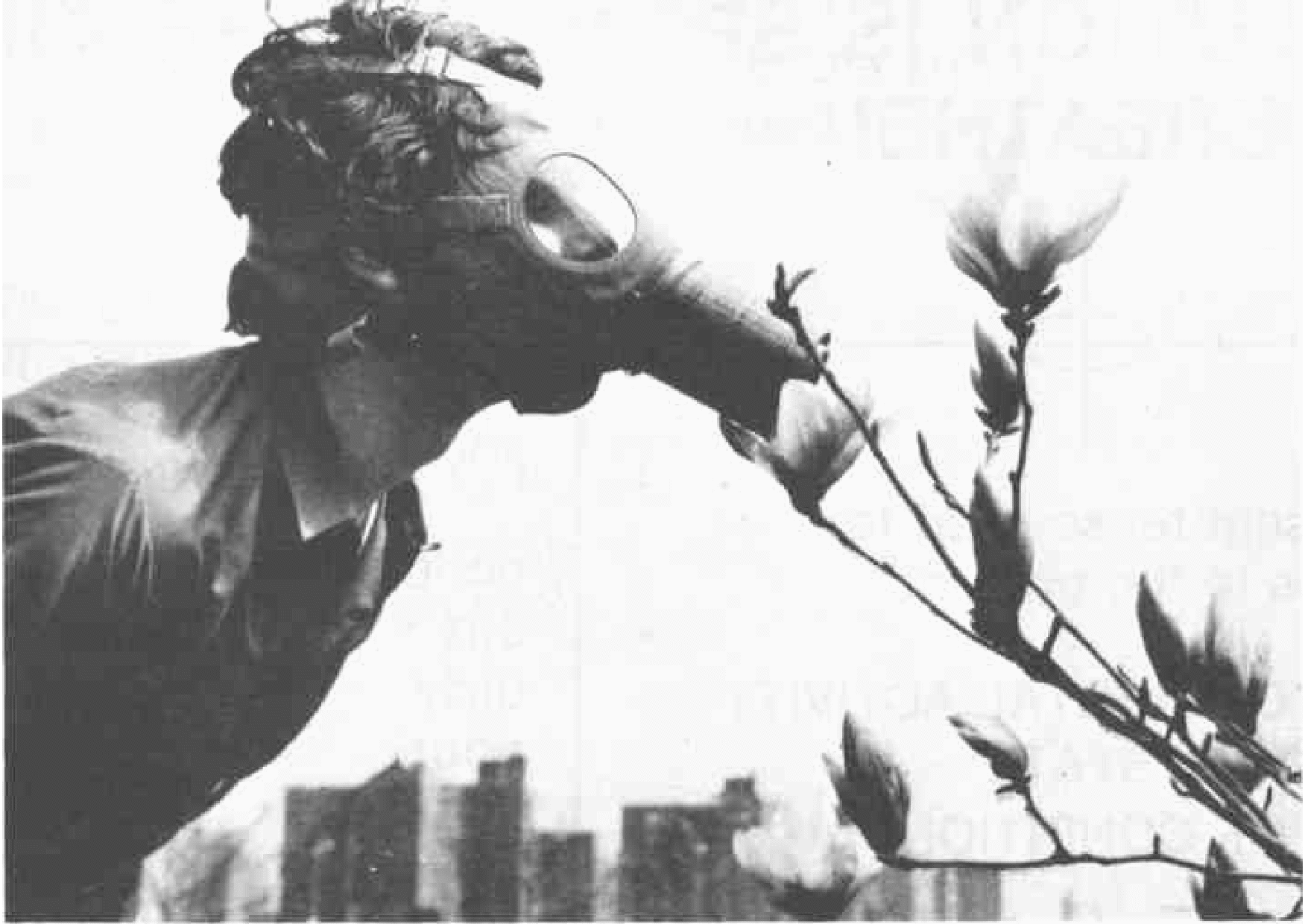Методические указания для студентов первого курса всех технических специальностей новосибирск 2008 ббк 81. 432. 1923 а 647
 Скачать 6.49 Mb. Скачать 6.49 Mb.
|
|
Cлова к тексту:
1.27. Дополните предложения, выбрав правильный вариант. 1. Novosibirsk is … a) the largest city in Russia by area. b) the third largest city in Russia by area. c) the largest in the world. 2. The population of Novosibirsk is … a) one million people. b) two million people. c) nearly one million and a half. 3. It gained the status of a town in … a) 1893. b) 1903. c) 1925. 4. It was renamed Novosibirsk in … a) 1925. b) 1897. c) 1903. 5. Novosibirsk is one of the main … a) educational centres of Russia. b) industrial and scientific centres of Russia. c) industrial, scientific and educational centres of Russia. 6. Novosibirsk has … a) many places of interest. b) only theatres and cinemas. c) no places of interest. 1.28. Ответьте на вопросы: 1. What is the territory of Novosibirsk? 2. How many people live in the city? 3. Where is it located? 4. How many administrative districts are there in the city? 5. How old is Novosibirsk? 6. When did it gain the status of a town? 7. What was its first name? 8. When was it renamed Novosibirsk? 9. Novosibirsk is one of the main industrial, scientific and educational centres of Russia, isn’t it? Prove. 10. What places of interest do you know? 11. Which is your favourite place in Novosibirsk? Why? 1.29. Напишите 4 абзаца о своем городе (столице). Начните каждый абзац с тех же самых слов, что в тексте о Лондоне (объем 100-120 слов). 1. How big is it? Where is it? 2. What is it famous for? 3. Does it have any environmental problems? 4. What do you like best of all in your city (town)? 1.30. Посмотрите на схему улиц типичного английского города. Прочитайте и переведите самостоятельно вывески различных учреждений. В случае затруднений, сверяйтесь с транскрипцией и переводом ниже.  baker’s [´beıkəz] – хлебный магазин, булочная chemist’s [´kemısts] – аптека lane [leın] – узкая улица, переулок newsagent’s [´nju:zeıd3(ə)nts] – газетный киоск, издательство travel agent’s [´trævleıd3ənts] – бюро путешествий 1.31. Посмотрите на схему улиц ещё раз и ответьте на вопросы:
1.32. В парах: составьте короткие диалоги по образцу, используя слова из таблицы: A: Excuse me! Is there a chemist’s near here? (Извините! Здесь есть поблизости аптека?) B: Yes. It’s over there. (Да. Вон там.) A: Thanks. (Спасибо.)
1.33. Прослушайте диалоги и скажите, о каких местах города идет речь (Tapescript 2, Appendix 3). Например: a. It is about chemist’s. 1.34. Прослушайте диалоги ещё раз и заполните пропуски. a. A: Excuse me! Is ________ a chemist’s ________ here? B: It’s over ________. A: Thanks. b. A: ________ me! Is there a ________ club near here? B: Yes. _______ _______ Queen Street. Take the second _______ right. A: Thanks. c. A: Excuse me! Is there a ________ near here? B: Yes. There is ____ ____ Church Street ________ the bank and there is one in Park Lane opposite the ________. A: Is that one ________? B: No. Just two minutes, that is all. d. A: Is there a cinema near here? B: _______ the first left, and it’s _______ left, ______ the flower shop. A: Thanks a lot. 1.35. Составьте диалоги о других местах на схеме по образцу в упр. 1.34, используя схему города на карте. 1.36. Составьте аналогичные диалоги о местонахождении различных достопримечательностей в вашем городе. Unit II Ecological Problems of Modern Cities 2.1. Прочитайте и изучите слова и словосочетания.
2.2. Переведите слова с различными суффиксами. Разделите их на 3-4 группы: А – существительные, В – прилагательные, С – наречия, D – существительные (обозначающие профессию, род занятий). Например:
beauty, beautiful, danger, harm, environment, ecology, dangerous, harmful, environmental, ecological, harmless, environmentalist, ecologically, beautifully, environmentally, ecologist, dangerously 2.3. Образуйте как можно больше словосочетаний, используя слова в колонках А и В. A B air problem nature protection water pollution health nature breathing chemical ecological fume dangerous important 2.4. Образуйте различные сочетания, используя глаголы в колонке А и существительные в колонке В.
2.5. Сопоставьте слова в колонке А с их определениями в колонке В по образцу: 3. garbbage can b. a special can for garbage
2.6. Ответьте на вопросы: 1. Are there any ecological problems in your city (town)? 2. What are they? 3. Is pollution dangerous to people’s health? 4. Do people in your city (town) throw litter on the streets? 2.7. Прочитайте первую часть текста, обращая внимание на глаголы в Present Continuous. Выпишите 4-5 предложений.  Pollution Is Spoiling the Air You Breathe Pollution is hanging like a brown cloud over New York today. Dirt and smoke are coming from cars and factories. Pollution is spoiling the air we breathe, and it’s harming our health. New York has a big problem these days. The city has dirty air. The air smells bad, and it looks ugly. Pollution is a health problem, too, because it’s hurting people’s lungs. 2.8. Выписанные предложения с глаголами в Present Continuous переделайте в а) отрицательные; в) вопросительные. 2.9. Ответьте на вопросы по тексту, используя Present Continuous или Present Simple. 1. What is hanging like a brown cloud over New York today? 2. Where are the dirt and smoke coming from? 3. What is pollution doing to our air and to our health? 4. Is pollution harming our health? 5. What problem does New York have? 6. How does the air smell and look? 7. Why is pollution a health problem? 8. Does the city have dirty air? 2.10. Прочитайте 2-ю часть текста, обращая внимание на нижеследующие глаголы, которые, как правило, не используются в Present Continuous и заменяются на Present Simple.
Например: He has a car. но: He is having lunch now. Например: What do you think of the new film? но: What are you thinking about?  This man thinks that pollution is dangerous. He doesn't like the air, so he isn't breathing it. He's wearing a gas mask. He's smelling a flower, and it smells good, but he doesn't know it. He's touching the flower with his mask, and the flower feels soft, but he doesn't know it. He's listening for birds, but he doesn't hear any. He's looking for beauty, but he doesn't see any. He believes that pollution is coming between us and the beauty of nature. He's trying to show his ideas with the gas mask. He wants people to work together now and to make the air cleaner soon. |
